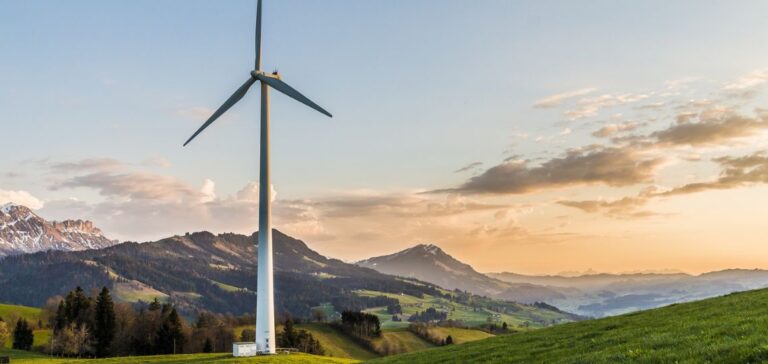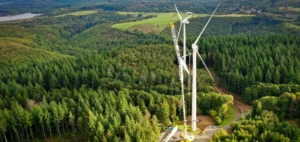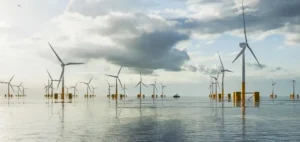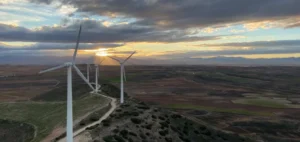The UK relaxes rules for onshore wind turbines, aiming to make it easier to approve projects supported by local communities. However, this decision has been criticized by Greenpeace, which believes that it is not enough to remove the developers' uncertainty in the face of local authority decisions.
The new measures are designed to facilitate the approval of onshore wind farm projects in England.
Relaxation of rules for onshore wind turbines in England: The voice of the local community strengthened
On Tuesday, the British government announced the relaxation of rules governing the siting of onshore wind turbines, under which the opposition of a single local resident could block a project, and which had been denounced as a de facto ban on new installations.
Under the new measures, onshore wind projects supported by local people will be approved more quickly in England, ensuring that the whole community has a say and not just a small number of objectors, says a government statement.
Decisions on onshore wind power will be better taken by local representatives, but they will need to adopt a more balanced approach. When the local population supports a wind turbine project on its territory, this may also result in discounts on energy prices charged in the region, according to the executive’s proposals.
Greenpeace criticizes decision to grant new fossil fuel licenses in the UK
However, Greenpeace regards these adjustments as insufficient, denouncing that they will not remove uncertainty for developers in the face of whimsical decisions by local authorities.The current rules, introduced under Conservative David Cameron in 2015, were criticized by the Labour opposition. The government was also under pressure from MPs in its own ranks, notably Alok Sharma, who was president of COP26 in 2021.
However, opposition to onshore wind power remains rooted in Conservative party beliefs, says Greenpeace.
The NGO is also critical of Prime Minister Rishi Sunak’s recent decision to authorize hundreds of new oil and gas exploration and production licenses in the North Sea.
While the UK is one of the world leaders in offshore wind turbines, Swedish group Vattenfall’s decision in July to halt development of a vast offshore wind project has dealt a blow to the country’s renewable energy ambitions.
Why does it matter?
The relaxation of rules for onshore wind turbines in the UK may have an impact on the transition to renewable energies. However, the government’s decision has drawn criticism for its commitment to fossil fuel reduction.






















